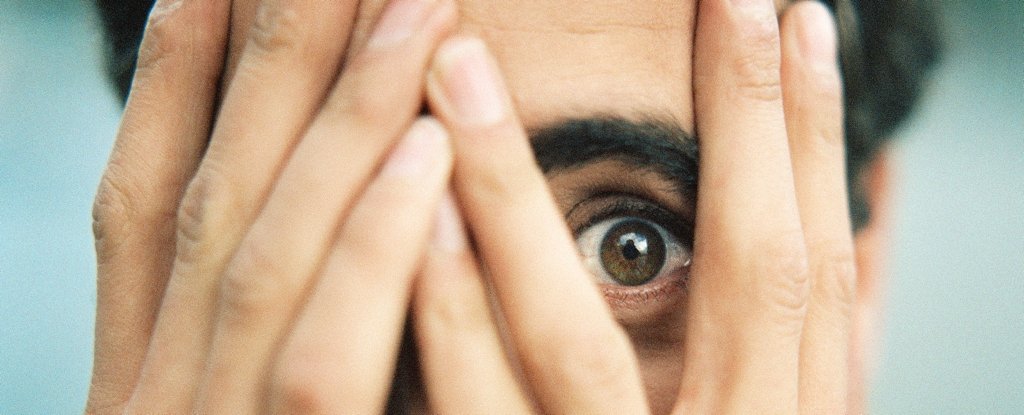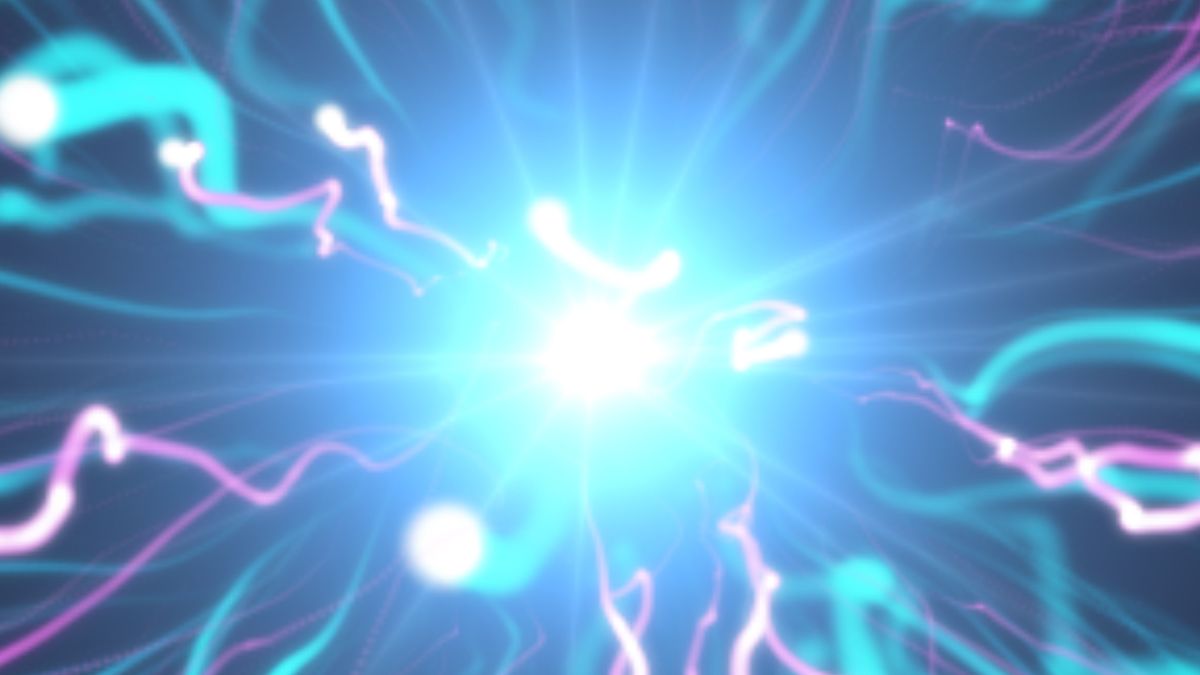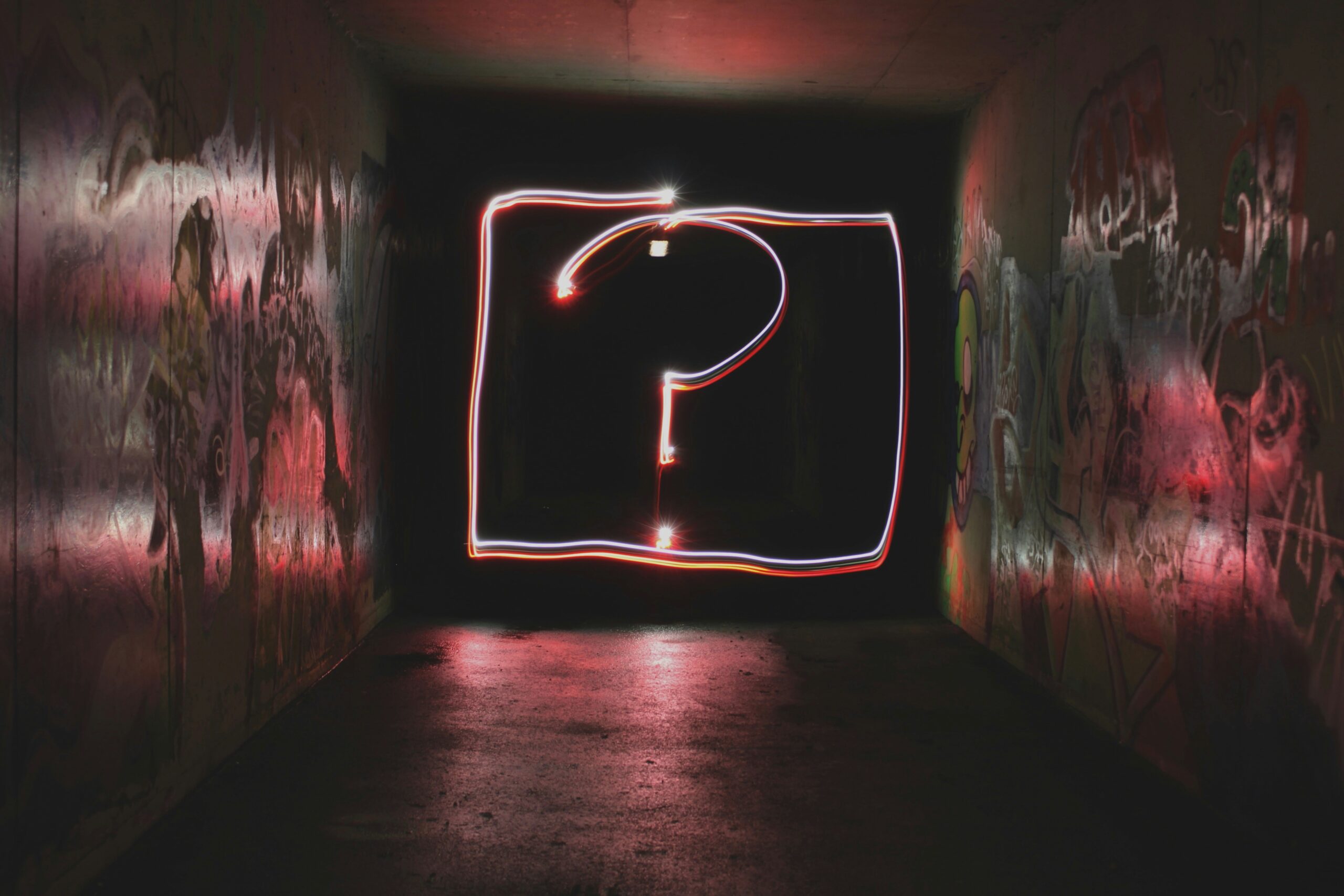
Noticing somebody fidgeting can be distracting, vexing, or even excruciating for some individuals. This peculiar reaction is attributed to a psychological phenomenon known as misokinesia, which affects as many as one in three people, according to a study published in 2021.
The term misokinesia, meaning “hatred of movements,” describes a strong negative emotional response to the sight of small and repetitive movements, such as someone mindlessly fidgeting with a hand or foot. This phenomenon, while similar to the auditory condition misophonia, has been less studied until recent years.
Understanding Misokinesia
Misokinesia has only recently become a subject of scientific inquiry. The 2021 study led by psychologist Sumeet Jaswal at the University of British Columbia (UBC) marked the first in-depth exploration of this condition. The research involved over 4,100 participants, including university students and individuals from the general population, to assess the prevalence and impact of misokinesia.
“We found that approximately one-third self-reported some degree of misokinesia sensitivity to the repetitive, fidgeting behaviors of others as encountered in their daily lives,” the researchers explained.
The study concluded that misokinesia is not confined to clinical populations but is a widespread social challenge. The phenomenon can vary significantly among individuals, with some experiencing only mild irritation, while others are deeply affected emotionally, leading to reactions such as anger, anxiety, or frustration.
Impacts and Implications
UBC psychologist Todd Handy, who also contributed to the study, noted that misokinesia can have profound effects on social interactions and quality of life. “Some even pursue fewer social activities because of the condition,” Handy explained. His interest in the subject was sparked by personal experience when his partner confessed that his fidgeting caused her stress.
While the exact cause of misokinesia remains elusive, researchers have explored various hypotheses. Initial tests to determine whether heightened visual-attentional sensitivities contribute to the condition were inconclusive. However, the researchers suggest that “mirror neurons” might play a role. These neurons activate both when we move and when we observe others moving, potentially causing misokinesia-prone individuals to unconsciously empathize with fidgeters.
“A reason that people fidget is because they’re anxious or nervous, so when individuals who suffer from misokinesia see someone fidgeting, they may mirror it and feel anxious or nervous as well,” Jaswal said.
Future Research and Understanding
The study’s findings highlight the need for further research into misokinesia to better understand its cognitive underpinnings. A follow-up study conducted by Jaswal in 2024 on 21 volunteers suggested that the condition might be linked to challenges in disengaging from a stimulus rather than the initial distraction it causes.
Despite the current gaps in understanding, one thing is clear: misokinesia is more common than previously realized. “To those who are suffering from misokinesia, you are not alone,” Handy reassured. “Your challenge is common and it’s real.”
The findings of this groundbreaking research were reported in Scientific Reports, shedding light on an unusual yet prevalent psychological phenomenon that warrants further exploration.





